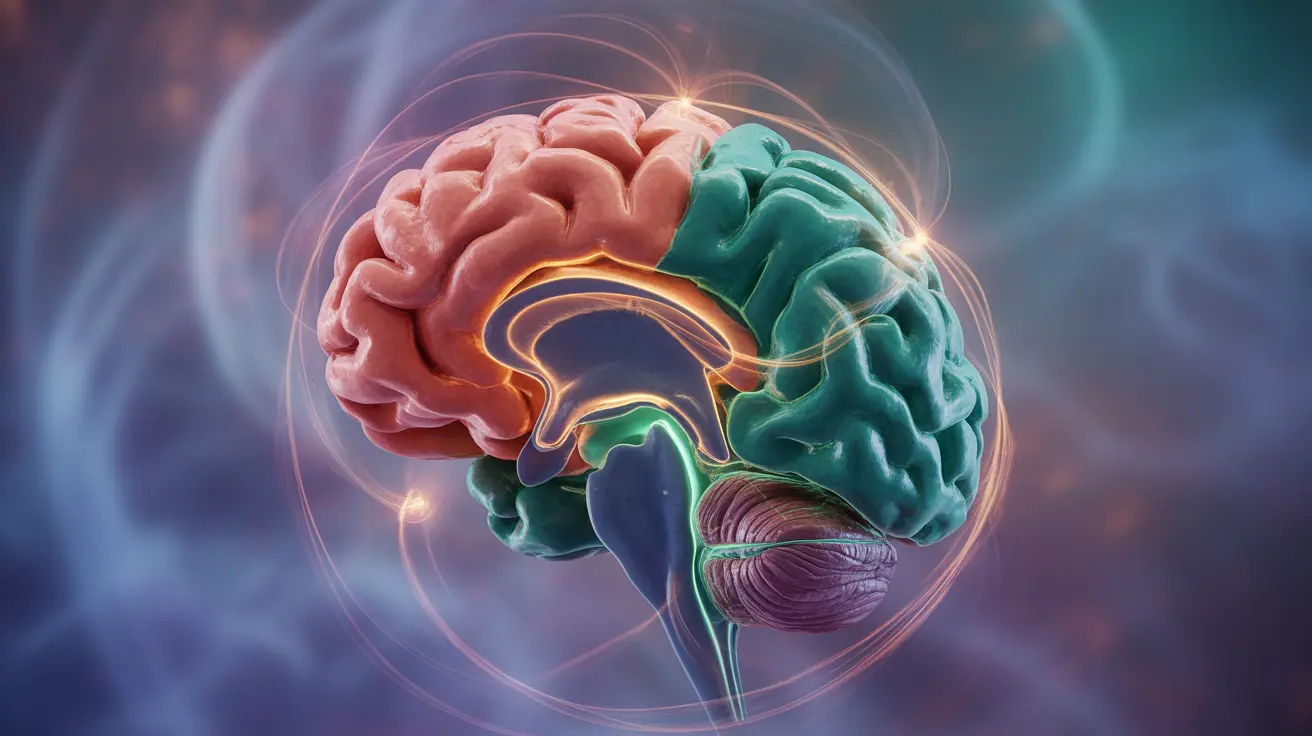Episodic memory forms the foundation of our personal history, allowing us to mentally travel back in time and relive specific moments from our past. This fascinating psychological process helps shape our identity and influences how we navigate future experiences. Understanding how episodic memory works can provide valuable insights into human cognition and memory formation.
In this comprehensive guide, we'll explore the intricacies of episodic memory, examining real-world examples, its relationship with other memory types, and the fascinating brain mechanisms behind our ability to store and recall personal experiences.
The Nature of Episodic Memory
Episodic memory refers to our ability to consciously recall specific past experiences, complete with contextual details about time, place, and associated emotions. Unlike other forms of memory, episodic memories feel distinctly personal and autobiographical, allowing us to mentally reconstruct past events as if we're watching a movie of our own life.
Real-World Examples of Episodic Memory
Episodic memories encompass various personal experiences, such as:
- Your first day at college
- A memorable birthday celebration
- The moment you received important news
- A special family vacation
- Your wedding day or graduation ceremony
These memories often include sensory details, emotions, and specific contextual information that makes them vivid and personally meaningful.
The Science Behind Memory Formation
When you form an episodic memory, several brain regions work in concert to process and store the experience. The hippocampus plays a crucial role in binding together different aspects of the memory, including visual information, emotions, and spatial details. The prefrontal cortex helps organize these memories and assists in their later retrieval.
The Role of Emotions in Memory Formation
Emotional experiences tend to create stronger episodic memories due to the involvement of the amygdala, which processes emotional information. This explains why highly emotional events, whether positive or negative, often become our most vivid and long-lasting memories.
Episodic vs. Semantic Memory
While episodic memory deals with personal experiences, semantic memory involves general knowledge about the world. Understanding this distinction helps explain why you might easily remember what you did on your last birthday (episodic) while also knowing that Paris is the capital of France (semantic) without remembering when or how you learned this fact.
Key Differences:
- Episodic memory: Personal experiences with specific temporal and spatial context
- Semantic memory: General knowledge, facts, and concepts without personal context
Factors Affecting Memory Clarity
Several factors influence how clearly we remember specific life events:
- Emotional intensity of the experience
- Personal relevance and significance
- Level of attention during the event
- Sleep quality following the experience
- Frequency of memory recall
- Overall brain health and age
Frequently Asked Questions
What are some real-life examples of episodic memory in psychology?
Episodic memories include remembering your wedding day, your first job interview, or a specific childhood birthday party. These memories contain specific details about time, place, emotions, and sensory experiences unique to that event.
How is episodic memory different from semantic memory, and why does it matter?
Episodic memory involves personal experiences with specific temporal and spatial context, while semantic memory consists of general knowledge and facts. This distinction matters because it helps us understand how different types of information are processed and stored in the brain, affecting learning and memory retention strategies.
What happens in the brain when you form or recall an episodic memory?
During episodic memory formation and recall, the hippocampus coordinates with various brain regions to process and integrate information. The prefrontal cortex helps organize the memory, while the amygdala processes emotional components. This network of brain regions works together to create and retrieve detailed personal memories.
Can emotional events affect how well you remember something from your past?
Yes, emotional events typically create stronger, more vivid memories because the amygdala enhances memory processing during emotional experiences. This is why highly emotional events, both positive and negative, are often remembered more clearly and for longer periods.
Why do some people remember certain life events more clearly than others?
Memory clarity varies among individuals due to factors such as emotional significance, attention level during the event, personal relevance, sleep quality, and overall brain health. Additionally, individual differences in brain structure and function can affect how memories are encoded and stored.




